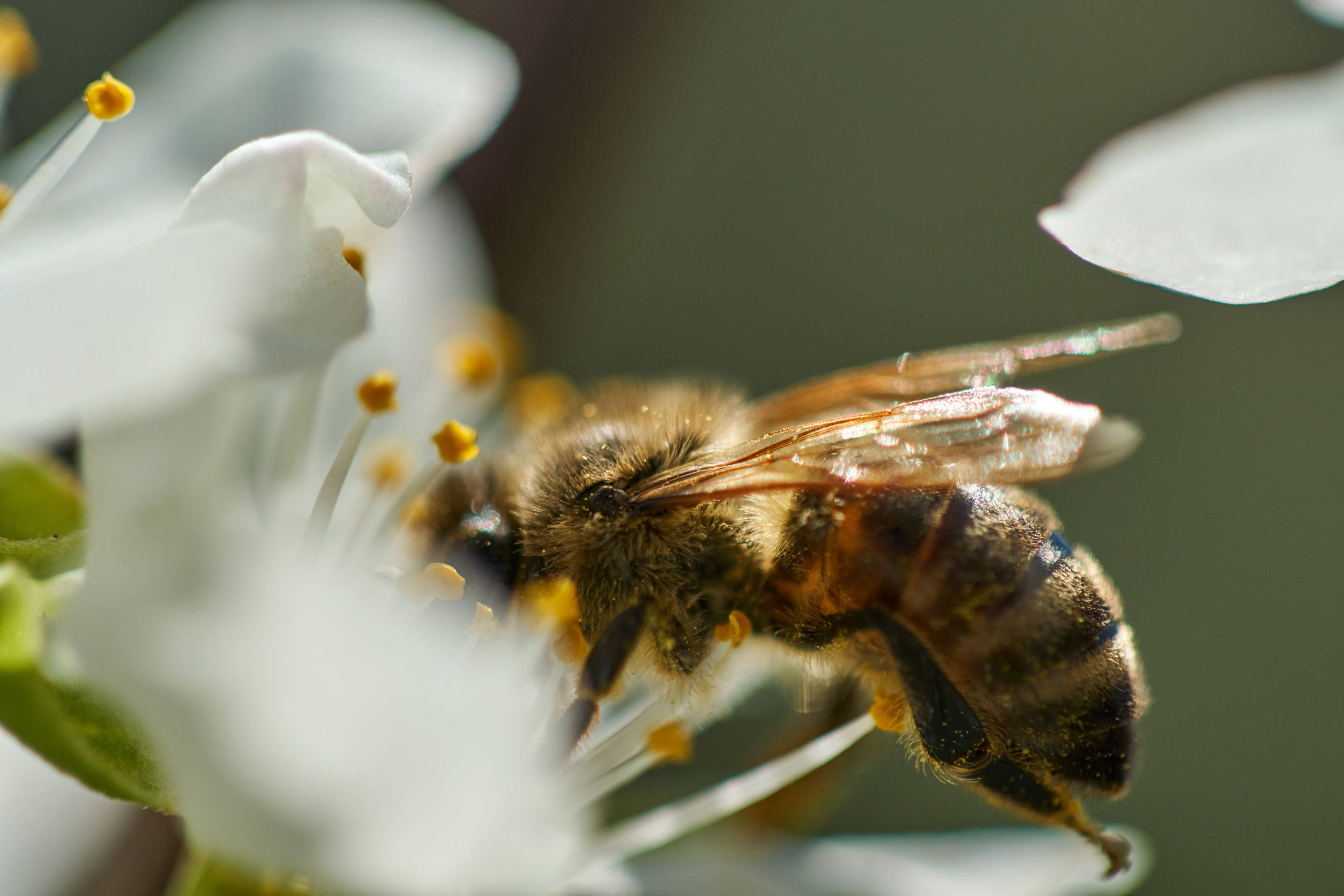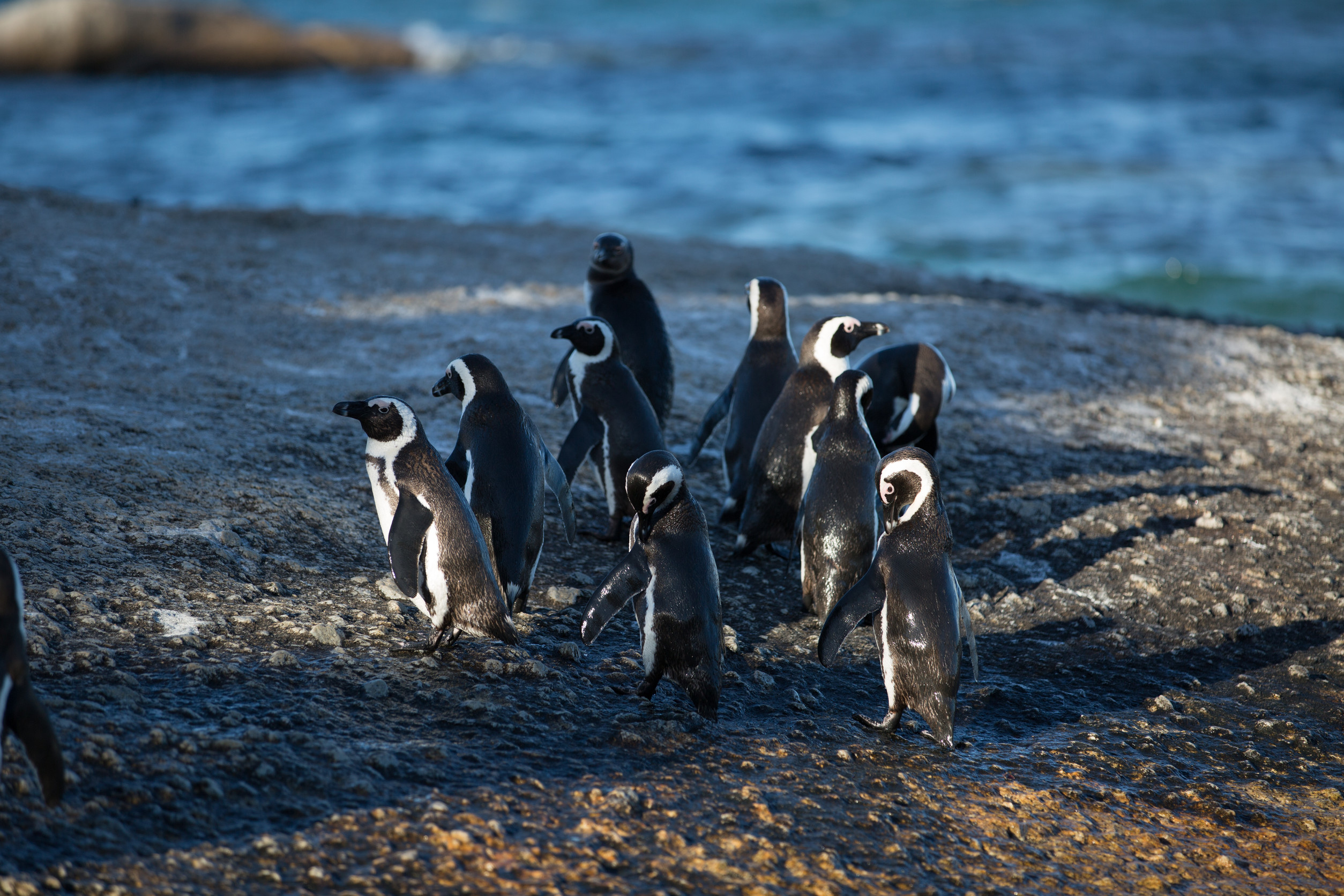Removing plastic packaging from fruit and vegetables in supermarkets can help reduce a significant amount of plastic waste. However, if you have a product that tends to spoil rapidly once ripe, such as a banana, you will be faced with another problem: food waste.
Swapping plastic packaging for a sustainable, edible coating
In an effort to find a solution to this conundrum, scientists in Switzerland have developed an invisible, edible, plant-based coating that can help fresh produce last longer — all while taking plastic packaging out of the equation.
The team of researchers, from the Swiss Federal Laboratories for Materials Science and Technology (Empa), have created the coating by using “pomace” — a pulpy residue left over from the blending of fruits and vegetables for juice.
This mash would normally end up in the bin. “We’ve developed a process where we can extract the cellulose that is naturally contained in these vegetables that can not otherwise be sold,” says Gustav Nyström, head of the cellulose and wood materials lab at Empa. By spraying the cellulose onto produce like cucumbers or bananas, it creates an additional layer of protection, slowing down moisture loss and oxidation.
No more unnecessary plastic packaging
The idea of an edible coating to prevent produce from spoiling rapidly may sound familiar. We’ve previously written about a similar technology used by Apeel, a startup that develops organic “peels” on the outside of produce, through Nyström claims that Empa’s approach is simpler. Not only that, but Empa’s coating is also likely to be less expensive since it’s made from food waste and only a small amount is needed on each fruit or vegetable.
In lab tests, bananas that were sprayed with the protective layer lasted more than a week longer than they would have otherwise. Satisfied with the results, supermarket chain Lidl has now partnered with Empa and is already selling plastic-free fruits and vegetables that are covered with the innovative cellulose coating.











